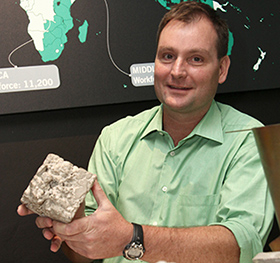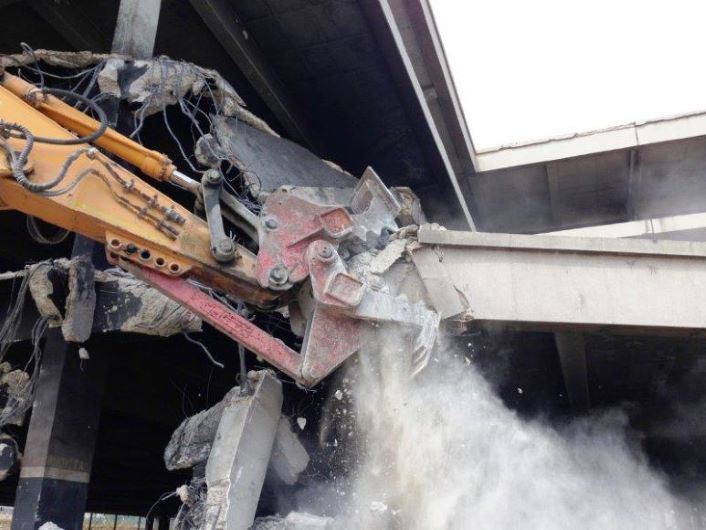

The construction industry should use recessions to train staff to gain a competitive edge when work volumes increase, says cement and concrete technical services provider.
The Concrete Institute’s School of ConcreteTechnology senior lecturer John Roxburgh. “It is crucial to have competent people on construction sites and the money spent on training will be repaid tenfold.” He says concrete is extensively used in all civil and constructionprojects and sound concrete technology knowledge is important. Having trained staff who are competent in all relevant aspects of concrete practice will result in contracts being carried out more quickly, more economically and with fewer costly site errors and repairs.
The School of ConcreteTechnology is positioned to provide the relevant education to meet the needs of concrete practitioners on site. Roxburgh recommends that contractors should identify suitable people in the organisation and “champion” them to become concrete specialists, thereby helping to prevent mistakes and train other employees.
Further, he mentions that a training provider’s experience in providing up-to-date and relevant concretetechnologyeducation should be considered before selecting one. The School of ConcreteTechnology’s consulting division is involved in the writing of standards, publications and the assessment of the latest technologies. Further, the certificates the school issues are well recognised in the industry.
Its 2019 education programme will offer 16 courses, developed to meet the needs of the concrete and concrete-related industries. The Advanced ConcreteTechnology diploma course will be presented in the first half of next year and again in 2021. The course is globally recognised as the leading qualification in concretetechnology and examined by the UK-based Institute of Concrete Technology.
The Concrete Institute – of which the school is part – offers researchers and students an Information Centre with over 130 000 publications, he concludes.
More news
- PART 2: CONCRETE IN THE DESIGN OF A UNIQUE LUXURY HOME IN GEORGE, SOUTH AFRICA
- PART 1: CONCRETE IN THE DESIGN OF A UNIQUE LUXURY HOME IN GEORGE, SOUTH AFRICA
- MVULE GARDENS, AFRICA’S LARGEST 3D-PRINTED AFFORDABLE HOUSING PROJECT
- PART 3: HARNESSING THE POTENTIAL OF HIGH SULPHUR FLY ASH IN CONCRETE PRODUCTION
- PART 2: HARNESSING THE POTENTIAL OF HIGH SULPHUR FLY ASH IN CONCRETE PRODUCTION





